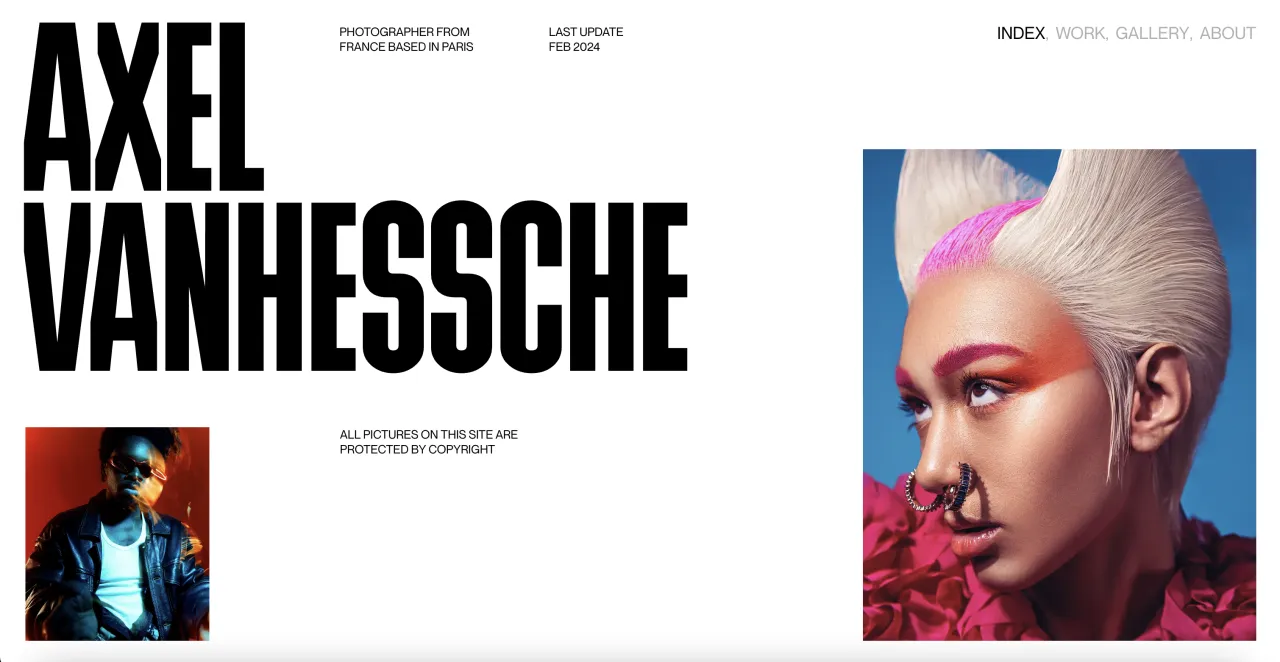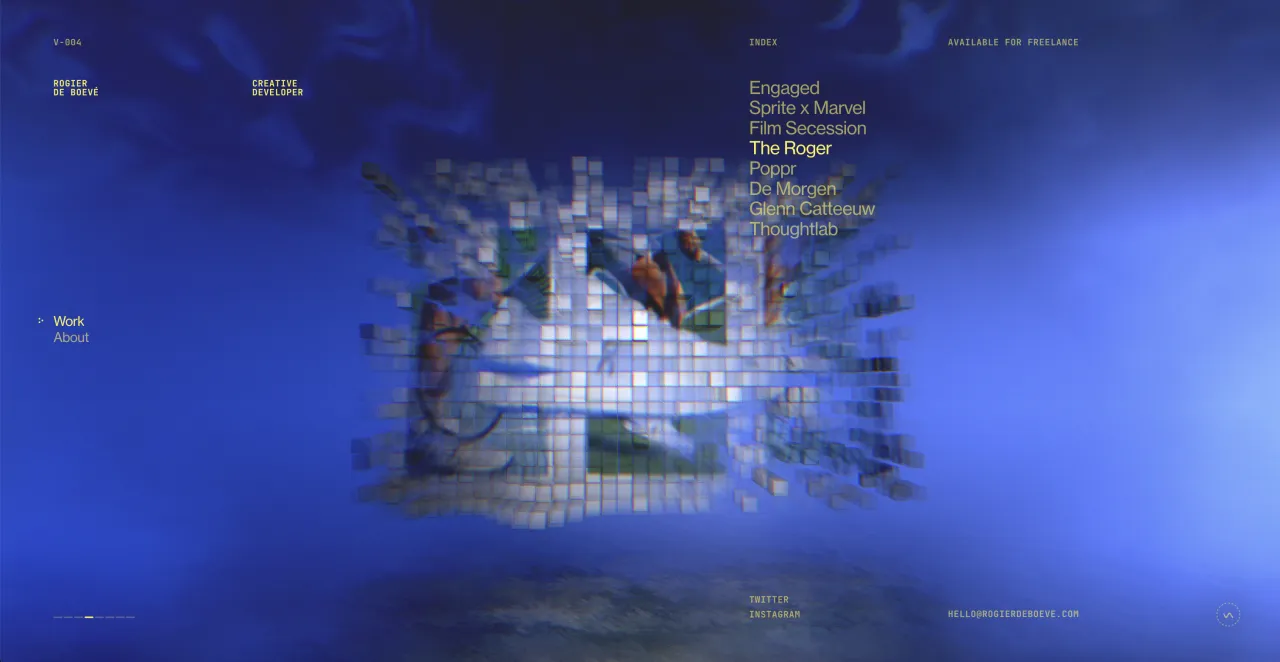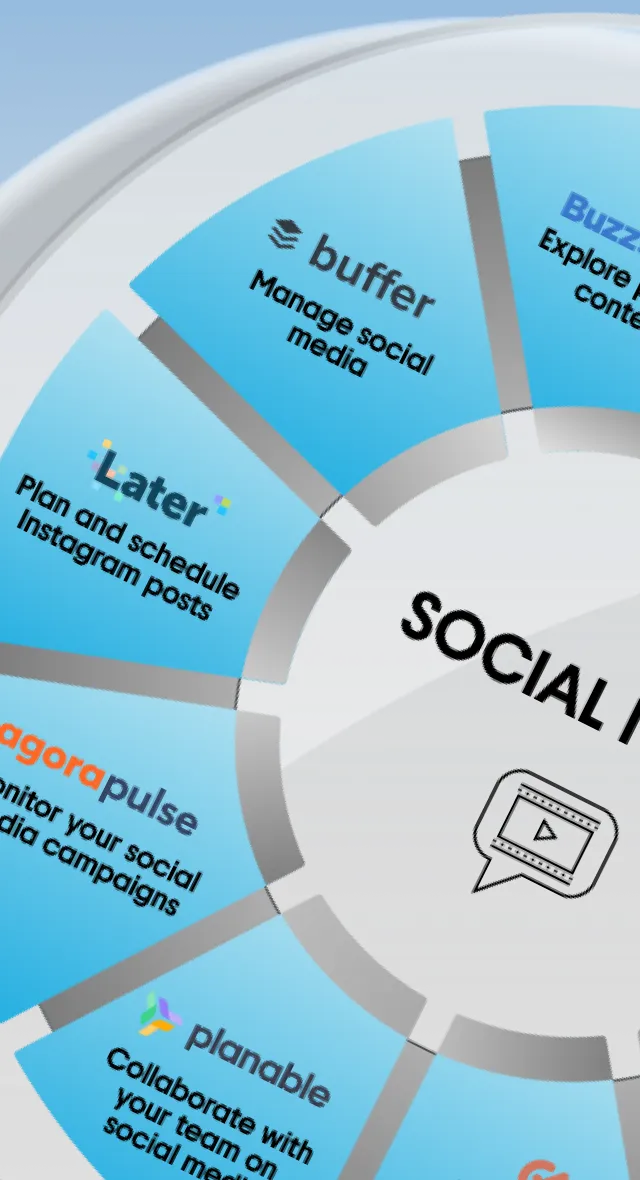How to Protect Your Content from Theft on the Internet
In 2022, there are a variety of ways to get content legally – from purchasing files on stock platforms to using free libraries, but theft still remains an irresistible temptation for many unconscientious users.
Content creators spend a lot of time searching for ideas and creative approaches. They hone their skills to create unique works and attract their audience’s attention. But among audiences, there are also those who download files without worrying about permission or copyright. Not sharing your content online isn’t an option, because people will hardly see your work . So, let’s find out effective ways to protect your intellectual property from theft and plagiarism.
What is copyright infringement?
Copyright exists in order to protect the results of people’s creative activity. If at first, it only covered literary and artistic works, today the range it protects is much wider. It includes photography, music, films, paintings, sculpture, architecture, theatrical works, performances, databases, computer programs, maps, and more.
Copyright infringement, also known as piracy, occurs when somebody illegally uses intellectual property. At the same time, the key element of piracy itself is a desire to obtain material benefit. When it comes to plagiarism, the motivation is quite different: an infringer wants to appropriate the object, misrepresenting oneself as its author. Material considerations can also be involved here, but they are not crucial.
Copyright infringement is often treated as something not really serious. However, it is an illegal action that provides for administrative and sometimes even criminal liability.
The most common copyright infringement by category
1. Photography and visual content
You find a nice picture online and save it to your laptop or smartphone – who hasn’t done that? Many users do not even realize that all the content (if it’s not intended for free distribution) belongs to someone. This means that by downloading a file without the owner’s permission, you’re simply stealing it. According to the Copytrack Global Infringement Report 2019, more than 2.5 billion images are appropriated online each day.
2. Music
This is one of the most common types of copyright infringement (and one of the first forms of computer piracy). Just think about it: 24% of users download tracks from non-official sources. In 2018 alone, losses from music piracy amounted to $9.8 billion.
3. Video
Here, we are talking about illegal copying, as well as the distribution of films and other video content. For the general audience, this type of infringement might be familiar due to numerous websites with pirate copies of movies and tv shows. The quality of video content on these websites may vary greatly depending on the “production” method. According to statistics, illegal videos receive more than 230 million views per year.
4. Software
Resources with “cracked” software options are quite popular on the web. The reason being that original software is often expensive and not everyone can afford it. For many people, free illegal copies are an alluring option. 42% of all programs being used in the world are pirated.
Videogames and e-books also become objects of copyright infringement quite often. One can easily find pirate copies online, which creates many problems for authors or copyright holders.
How to protect your content from being stolen
1. Add the copyright symbol
Suitable for: images, video, and music
Copyright or the “copyright reserved” sign consists of the © symbol, initials of the author or the name of the copyright holder company, and the year of its publication. Sometimes, users do not even realize that they are acting illegally by copying images or videos. The copyright sign can warn them against this and make them aware of the possible consequences.
2. Use watermarks
Suitable for: images, video, and music
Watermarks are translucent inscriptions or symbols placed over images to prevent theft. In audio tracks, it’s a special fragment embedded into the record containing data about the source or the owner. The advantage of this protection method is that watermarks are quite difficult to remove.
3. Share files with a lower resolution
Suitable for: images, video
You don’t need to share high-quality images and videos on the Internet. It’s better to choose files with lower resolution. Such resolution is sufficient for comfortable online viewing, but is not suitable for printing or commercial usage.
4. Disable the option to copy or right-click
Suitable for: images, video
If you want to protect your website or blog content from being copied, you can simply disable the CTRL+C copying feature and right-click menu, which are the most common ways to save files. To do that, there are special scripts that can be easily found on the web.
5. Change EXIF data
Suitable for: photos
EXIF data contains the main information about an image: shutter speed, exposure, camera model, time, geolocation, and more. You can change them in the graphics editor by adding your name or copyright notice.
How to find your stolen content
Often, authors may be unaware that their content is being used without permission. But there are simple tools that can come to your aid. For example, you can find stolen photos and other graphic files using Google Search by Image.
The Google Alerts service for content change tracking and notification is also useful. It allows the user to quickly detect plagiarism. After the service finds a result for your request, you receive an email notification.
There are also specialized tools that help track different types of content. For example, in Copytrack you can search for stolen images and illustrations, and the Copyright Match Tool detects matches with other YouTube videos.
What to do if your content has been stolen
If you come across your works being used by someone else, you should immediately contact the infringer and inform them that their actions are illegal. Though, try to be polite and do not threaten this person with legal consequences, as they may be simply unaware they are doing something illegal. Usually, a request like this will be enough for the user to delete the stolen content. If they ignore your request, you can report copyright infringement to the provider or file a complaint directly within a search engine (e.g. Google) or online platforms (e.g. Facebook or YouTube). Usually, one of these approaches works, so it’s highly unlikely that you’ll have to file a lawsuit.
To sum up
We know how distressing it is when someone simply steals the results of your intellectual or creative work. But you are far from being helpless. Use our tips to secure yourself from such infringement. And remember: by protecting your works you are making a great contribution to the development of the culture of respecting copyright.
Find more useful information in our articles:
Joining Referral Programs in 2022: Perks & Tips
Nothing personal: how to handle criticism and respond to it
How to Convey Y2K Aesthetics in Your Photos and Videos: 5 Tips For Creatives













